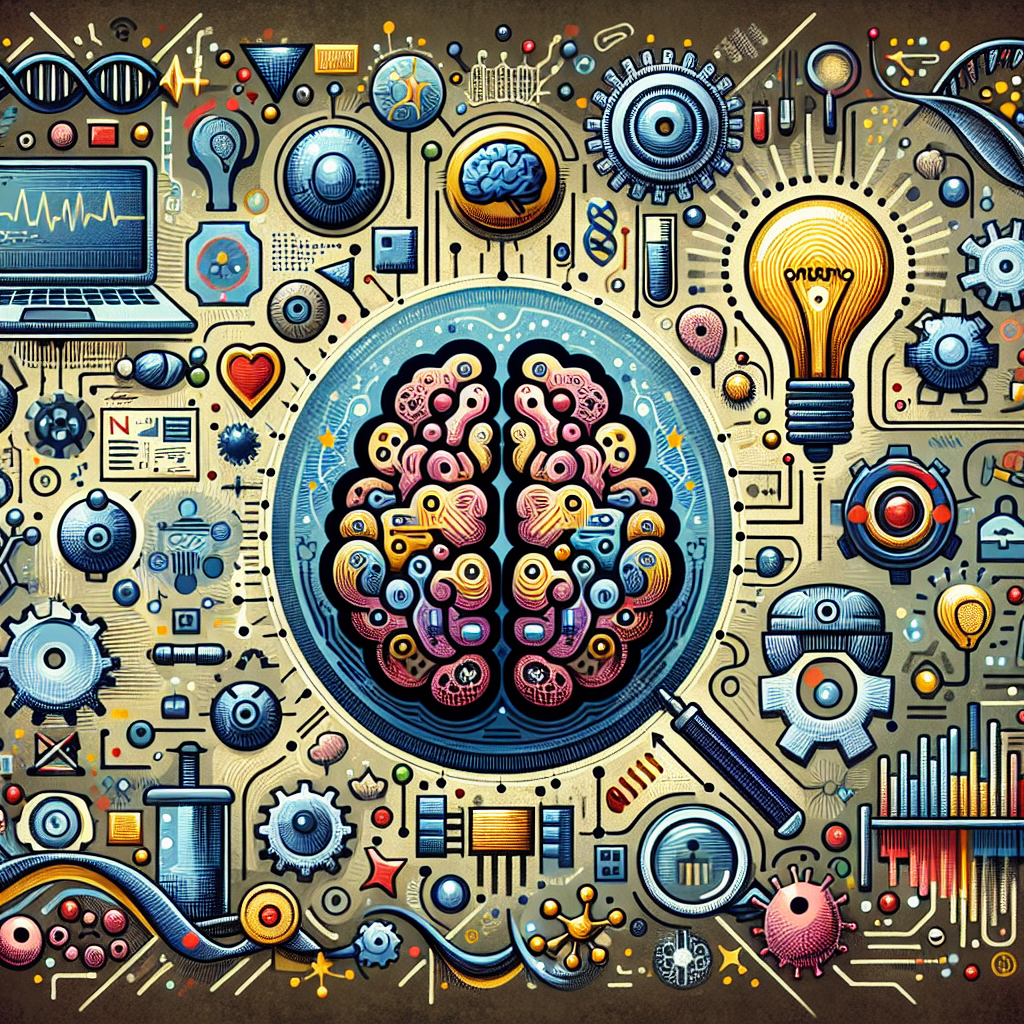Artificial General Intelligence (AGI) is a game-changer for innovation and research in various fields. AGI refers to a type of artificial intelligence that possesses the ability to understand, learn, and apply knowledge in a wide range of tasks similar to human intelligence. This capability has the potential to revolutionize industries, accelerate scientific discovery, and shape the future of technology.
AGI has the capacity to analyze massive amounts of data, identify patterns, and make decisions based on that information. This can significantly enhance the efficiency and accuracy of various processes, such as data analysis, research, and problem-solving. With the ability to learn and adapt over time, AGI systems can continuously improve their performance and capabilities, leading to groundbreaking advancements in various domains.
One of the key benefits of AGI is its potential to drive innovation across industries. By automating complex tasks and processes, AGI can free up human resources to focus on more creative and strategic activities. This can lead to the development of new products and services, improved efficiency, and enhanced competitiveness in the marketplace. AGI can also assist researchers in analyzing vast amounts of data, identifying trends, and generating new insights that can lead to breakthrough discoveries.
In the field of healthcare, AGI has the potential to transform patient care and treatment outcomes. By analyzing medical data, AGI systems can help healthcare providers make more accurate diagnoses, develop personalized treatment plans, and predict potential health risks. This can lead to improved patient outcomes, reduced costs, and a more efficient healthcare system overall. AGI can also support drug discovery efforts by analyzing biological data and identifying potential drug candidates more quickly and accurately.
In the financial sector, AGI can revolutionize risk management, fraud detection, and investment strategies. By analyzing market trends and financial data in real-time, AGI systems can help financial institutions make more informed decisions and mitigate risks. AGI can also improve customer service by providing personalized recommendations and tailored financial advice based on individual preferences and risk profiles.
In the field of manufacturing, AGI can enhance production processes, optimize supply chains, and improve product quality. By analyzing production data and performance metrics, AGI systems can identify areas for improvement, streamline operations, and increase efficiency. AGI can also support predictive maintenance efforts by analyzing equipment data and identifying potential issues before they occur, reducing downtime and maintenance costs.
AGI can also play a crucial role in addressing global challenges such as climate change, resource scarcity, and public health crises. By analyzing environmental data, AGI systems can help policymakers develop more effective strategies for mitigating climate change and protecting natural resources. AGI can also support public health efforts by analyzing epidemiological data, predicting disease outbreaks, and developing strategies for containment and prevention.
Despite its potential benefits, AGI also raises ethical and societal concerns. The development of AGI raises questions about privacy, security, and the potential impact on the job market. There are also concerns about the potential misuse of AGI for malicious purposes, such as autonomous weapons or surveillance systems. As AGI systems become more advanced and autonomous, it is crucial to ensure that they are developed and deployed responsibly and ethically.
In conclusion, AGI is a game-changer for innovation and research in various fields. Its ability to analyze data, learn, and make decisions has the potential to revolutionize industries, accelerate scientific discovery, and address global challenges. While AGI presents numerous opportunities for advancement, it also raises ethical and societal concerns that must be addressed. By harnessing the power of AGI responsibly, we can unlock its full potential and shape a brighter future for humanity.
FAQs:
Q: What is the difference between AGI and narrow AI?
A: AGI refers to artificial intelligence that possesses the ability to understand, learn, and apply knowledge in a wide range of tasks similar to human intelligence. Narrow AI, on the other hand, is designed to perform specific tasks or functions within a limited domain. While narrow AI excels at performing specific tasks, AGI has the potential to learn and adapt across a wide range of tasks and domains.
Q: How can AGI be used in research and innovation?
A: AGI can be used in research and innovation to analyze vast amounts of data, identify patterns, and generate new insights. By automating complex tasks and processes, AGI can accelerate scientific discovery, improve efficiency, and drive innovation across industries. AGI can also support researchers in developing new products, services, and strategies that can lead to groundbreaking advancements.
Q: What are the ethical concerns surrounding AGI?
A: The development of AGI raises ethical concerns related to privacy, security, job displacement, and potential misuse. There are concerns about the impact of AGI on the job market, as automation and AI systems may replace human workers in certain industries. There are also concerns about the potential misuse of AGI for malicious purposes, such as autonomous weapons or surveillance systems. It is crucial to address these ethical concerns and ensure that AGI is developed and deployed responsibly and ethically.

